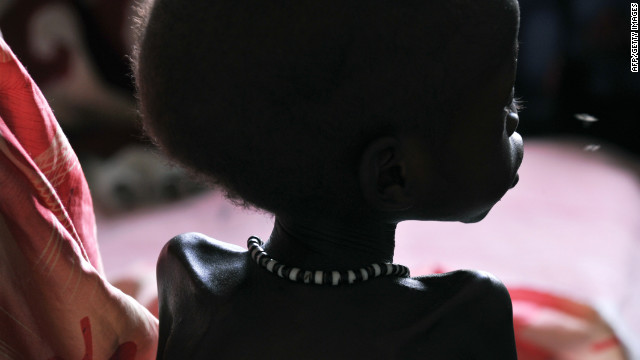By Zach Waksman
Impunity Watch Reporter, Africa
KHARTOUM, SUDAN – Monday signified a potential avoidance of further strife in Sudan. The rebel Sudan People’s Liberation Movement North (SPLM-N), which captured more than 70 road workers, including 29 Chinese, in South Kordofan on Sunday, vowed to release the remaining Chinese from its custody.
Earlier in the day, 14 Chinese laborers were freed from rebel hands by the Sudan Armed Forces (SAF). They were kidnapped when the insurgents attacked a camp in South Kordofan, a state that is rich in oil and the focus of intense fighting with South Sudan. Those rescued were found in good condition and brought to Al-Obeid, the capital of neighboring North Kordofan, according to the South Kordofan governor. The SPLM-N took credit for the abduction, which garnered 70 workers and nine members of the SAF.
“I want to assure you right now they are in safe hands,” SPLM-N spokesman Arnu Ngutulu Lodi told Agence France Presse.
The captured laborers, which consisted of Chinese and Sudanese workers, were building a road to connect remote areas according to media in China. According to the rebels, they were held for their own safety in the aftermath of a battle with the SAF. They had been caught in crossfire between the two sides. The organization has also made clear that it has no issue with China or Chinese people.
“The leadership of the [SPLM-N],” a statement said, is “exerting the maximum effort to obtain accurate information from our forces in the field regarding the Chinese who were detained in Southern Kordofan.”
Secretary General Yasir Arman, though uncertain of whether his group had the workers, said that the SPLM-N is in contact with Beijing as part of the effort to secure their release.
The abduction’s report soon became one of the top stories in China. The two countries are in the midst of emergency discussions.
China has long been a key player in the development of Sudan, buying billions of dollars’ worth of oil from the turbulent sub-Saharan country. It considers this necessary because Western nations had already secured pipelines in more stable countries. It also is aggressive in constructing infrastructure here, and in other similarly dangerous nations. This has proven to be a boon for business, but also has potentially great costs.
According to IHS Global Insight Asia and Pacific analyst Neil Ashdown, Chinese companies sends more of its people to work on projects abroad than Western firms, which has two effects. One is that the workers’ families tend to join them, creating even more potential peril. The other is that the insistence on using its own workers runs the risk of alienating local populations. But the general outcome is one of efficiency and easy business. Most countries will not attempt projects of this nature in places like Sudan because of the constant strife.
South Kordofan has been near the center of the current strife along the border between Sudan and South Sudan, which became independent in July 2011. The SPLM-N is allied with South Sudan. The two countries are currently mired in discussions over how to share profits from oil, and South Sudan has threatened to cut off the supply until an agreement is reached. The region produces 500,000 barrels of oil per day, according to the New York Times.
For more information, please see:
BBC — China Doubts Sudan Workers Freed in South Kordofan — 30 January 2012
New York Times — Sudan Says It Freed Some Kidnapped Chinese Workers — 30 January 2012
Sudanese Media Center — Haroun: Armed Forces and Security Authorities Liberate 14 of the Kidnapped Chinese Workers — 30 January 2012
Sudan Tribune — Sudan’s Rebels Promise to Release Kidnapped Chinese Workers — 30 January 2012
Sudan Tribune — Sudan Says 14 Chinese Workers Freed in South Kordofan — 30 January 2012
New York Times — Sudan Rebels Are Said to Hold Road Crew from China — 29 January 2012

